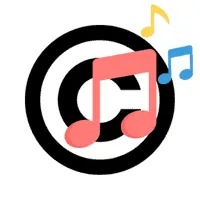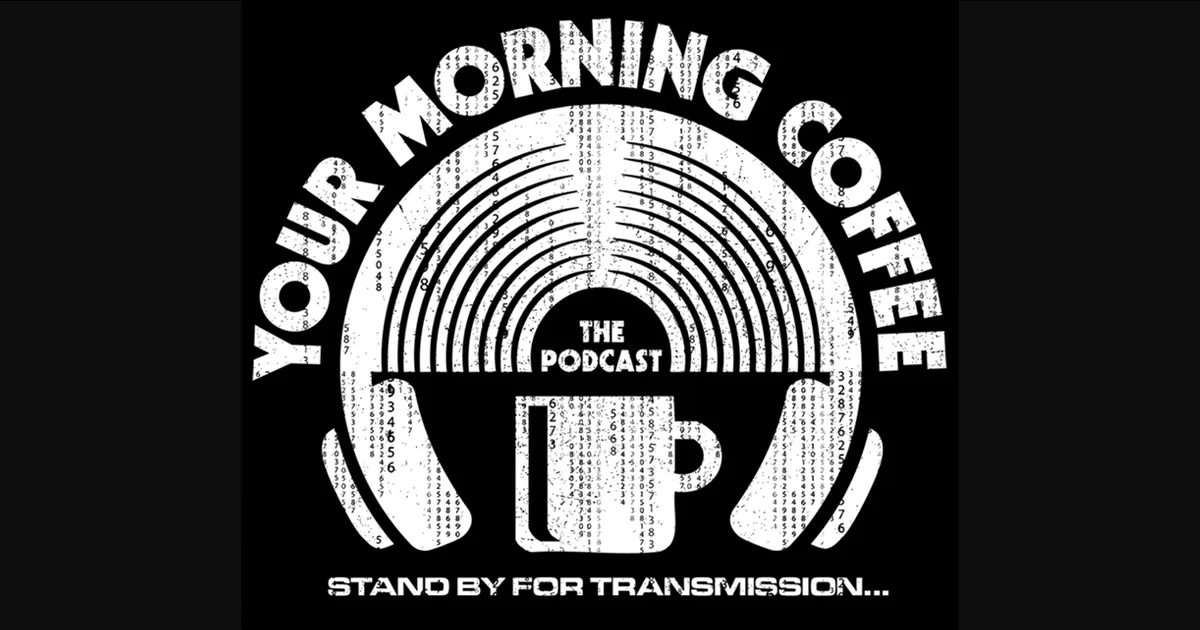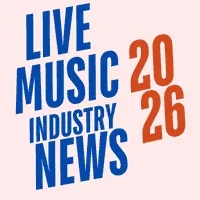Paul Goldman, a leader in digital music rights management, sheds light on how we can expect AI to affect the copyrights of artists and musicians.
by Paul Goldman, founder of digital rights management platform Muserk
The other day, I asked an expert how AI will positively affect the copyrights of artists. They told me: “AI will enable more accurate identification and enforcement of copyrighted works and streamline these processes.” When I asked the same expert how AI will negatively affect these copyrights, they said that it “could complicate” ownership and licensing, and “raise questions” about originality and authorship.
It’s a telling contrast. Asked for AI’s upside, the expert gave confident, specific predictions of AI’s benefits. Asked for AI’s downside, they hedged about “complications” and “raising questions.”
Do I need to tell you that this expert was AI?

For what it’s worth, I’m human, and, like anyone whose music career began before the early ‘00s, I have a bone-deep knowledge of what “pre-digital“ vs. “post-digital” means. When I talk to creators today, I talk partly as a creator with a guitar on my lap, writing and recording music, and partly as a tech founder whose company [link Muserk.com] manages millions of creators’ copyrights worldwide. But I also speak as a lifelong investor in quality of vision, craftsmanship, performance, soul. And these properties are already being drastically redefined, as the disruption of AI makes the early-’00s arrival of Napster seem like a hiccup.
In 2008, I was among countless creators whose sounds, music, and videos were appearing on major networks and platforms like YouTube without getting a dime of the royalties many of us need to survive. As this reality sank in, I began a path toward founding a copyrights management company, one that protects the royalties of creators whose works are globally streaming with tools equal to the task: cutting-edge scalable AI technology, similar to ChatGPT, that can penetrate the massive global database of a Spotify or Youtube and find lost royalties like so many needles in a million haystacks.
Inevitably, some bad actor would slightly morph or mask the fingerprints of a protected track in order to sell or share it themselves, and make our job much harder. Instead of merely locating the disconnected music, we’d have to determine which of the ten or more deep-fake versions was the actual copyrighted work. These minor acts of creative piracy become something else when they start to scale. And AI, to say the least, is all about scale.
Spotify admitted to pulling 750k fraudulent tracks
A little over a year ago, a Spotify exec admitted that the platform had to pull down “some 750,000” songs that they’d discovered were streaming fraudulently. This figure is almost certainly an underestimate, and, crucially, it was given before AI agents began flooding distributors with millions of soundalike tracks, each stamped out in minutes. … It’s hard to overstate how much this is likely to change music and, potentially, us.
Music isn’t made of algorithms; it’s made of touch, gesture, feelings, and experiences of people who create their work in time—what we call “authenticity.” By mimicking these things, increasingly well at unbelievable speeds, AI-generated music risks degrading these core qualities, populating a world with infinite variations of finite sources that erode their emotional resonance. Add algorithmic curation that reproduces winning formulae endlessly and exponentially and it’s easy to imagine a flood of homogenous content that drowns out and impoverishes diverse and less-known artists—or what we might call music’s Future.
Two opposing groups
Two opposing groups tend to form at the dawn of a revolutionary technology: One is the monolithic entities at the top of the food chain, who fight the new challenge to their dominance. The other is composed of first-movers: smaller, independent gamblers who move swiftly as they build things solely for consumers. Just where in this framework you’d put Grimes, whose new Elf.Tech invites users to take her recorded vocals to use in AI-generated songs (splitting DSP royalties with her), is beyond me. Clearly, the personal partner of a world-famous multibillionaire can experiment with payment structures in a way most musicians can’t. But she’s still onto something.
Before Universal forced Apple and Spotify to remove the viral AI-generated Drake-Weeknd mash-up “Heart On My Sleeve,” its creator had already released a viral Bad Bunny-Rhianna mash-up as others posted AI-made soundalikes of Oasis, Elvis Presley, Kanye West, and other popular artists—which listeners loved while knowing they were fake. In a way, “Heart on My Sleeve” is a perfect fanfare for this paradigm shift, since both Drake and the Weeknd are audibly products of digital music-making: mediated, processed, digitally shaped and enhanced. Both artists were, in different ways, liberated by the digital revolution. What we need to decide is whether their successors should have to compete against clones of themselves.
If AI is a tsunami…
AI platforms like ChatGPT have already trained on unbelievably vast stores of recordings by songwriters and musicians who didn’t consent to it, and the results are changing the world. Some people, like AI rap label CEO Anthony Martini, don’t seem to think the music world’s worth saving. “Think about the biggest stars in the world,” he told Music Business Week. “How many of them are just vessels for commercial endeavors?” If AI is a tsunami, I say we make the music business a vessel to carry artists as it rises. Adjust how money flows through the new AI infrastructure. Redefine artist, owner, and user. Develop new rules for rewarding worth. To make this vessel able to carry human artists into the future. And not wait for Senators or AI leaders to do it for us.
Barely a month ago, Tennessee’s Marsha Blackburn asked OpenAI founder Sam Altman to give a concrete commitment not to train AI models on artists’ copyrighted works or use their voices without consent. Altman responded with vague pleasantries, saying that artists deserve control, that they should “benefit” from this sea change. I’d find this reassuring if ChatGPT hadn’t told me the same thing.
Paul Goldman is a serial entrepreneur and founder of Muserk, a leader in the space of AI-driven rights management. With the mission to “collect every royalty everywhere,” Muserk has quickly become a leader in modern global rights management for music, comedy, spoken word, and video.
Driven by Muserk’s patented cutting-edge AI technology, Blue Matter™, Muserk protects and monetizes over 10M copyrights around the world and across all media formats. Through Muserk’s efforts, Goldman has helped clients/rights holders from over 50 countries—including publishers, copyright societies, record labels, and artists—identify their digital content, collecting previously undiscovered royalties (totaling “millions of unclaimed dollars”) for music and video. Since Muserk’s inception, the company has received the prestigious honor as one of Inc. Magazine’s “Fastest-Growing Private Companies” in 2021 and 2022, and has been praised by the likes of Billboard, Variety, Deadline, etc.
Prior to Muserk, at the age of 23, Goldman founded Ear Goo, Inc., (aka The Goo) an award- winning television music production company best known for its work with brands such as MTV, McDonald’s, Mercedes and The Super Bowl. Goldman has been honored with almost every industry award in this arena including Beacon, Clio, Addy, Promax/BDA and the Telly. His passion for music and entrepreneurship led him to found Muserk in 2017 to correct the break-down in the royalty rights chain for all rights holders across all platforms. Paul is a graduate of the prestigious Berklee College of Music in Boston, MA and currently lives
in New York City.





